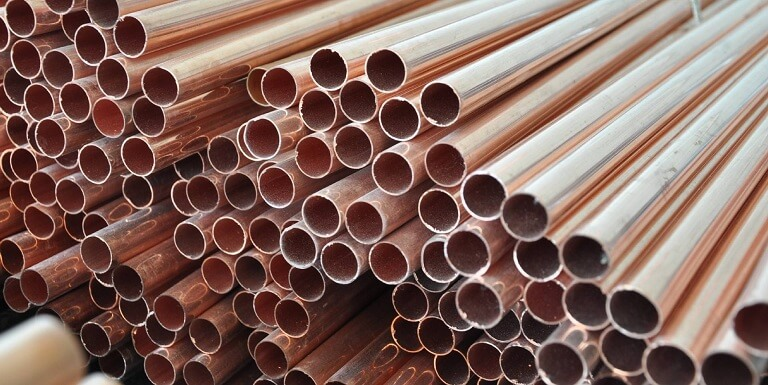Unless you are a metal maestro, you may not know all there is to learn about metal alloys, as well as their properties. Also, from carbon steel to stainless steel to cast iron, there are several materials to choose from when it concerns tubing for hydraulic, pneumatically-driven, or other industrial tasks. When choosing which material is best for the task, why not weigh the benefits and drawbacks of the steel as well as its buildings?
Yet before you end up being overwhelmed with alloy grades and chemical properties, allow us to assist you to organize your thoughts with some must-known facts regarding steel pipe [แป๊ ป สเตย์, which is the term in Thai].
- Strength and ductility: Stainless steel provides higher strength, as well as greater mechanical properties than other tubes options consisting of carbon steel, and cast-iron tubes. Even at high temperatures, stainless-steel tubes maintain their high tensile and stress-to-rupture strength. And also, because stainless steel is as solid as it is, the walls of stainless-steel tubes can be made thinner, offering it greater ductility.
- Resistance: Thanks to its nickel, chromium, as well as molybdenum structure, stainless steel tubes provide dramatically more resistance to harsh components, erosion, oxidation, and heat than a lot of various other steel tubes. And because it withstands corrosive components like those frequently found in saltwater environments so well, stainless-steel tubing is the premium choice for shipbuilding and maritime applications.
Welding Capabilities and Warm Treatability: Certain stainless-steel alloys, such as 410, are warmth treatable. This can be practical when stainless steel tubes need to be customized to attain certain chemical or physical buildings. Particular stainless-steel sheets can likewise be conveniently welded right into different sizes and shapes. - Adaptability: Stainless-steel tubes work for a considerable range of applications many thanks to their stamina, longevity, ductility, rust resistance, as well as reduced coefficient of friction.
- Cost Efficiency: Amongst the most appealing advantages to hydraulic as well as pneumatically-driven industry professionals is the fact that a steel pipe set you back less to maintain as well as can save you money gradually due to their long service life.










